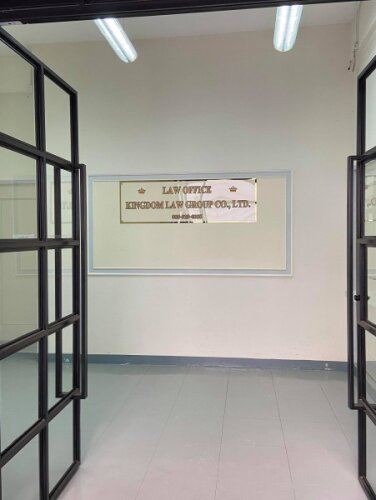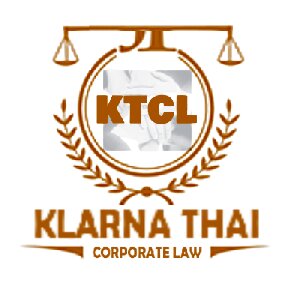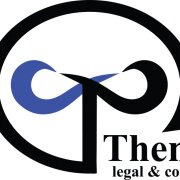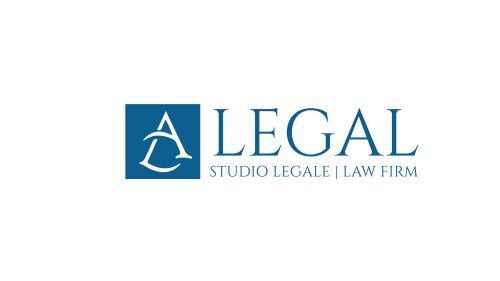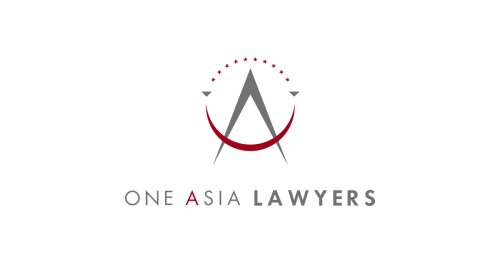Best Nonprofit & Charitable Organizations Lawyers in Watthana
Share your needs with us, get contacted by law firms.
Free. Takes 2 min.
List of the best lawyers in Watthana, Thailand
About Nonprofit & Charitable Organizations Law in Watthana, Thailand
Nonprofit and charitable organizations play a significant role in the Watthana district of Bangkok, providing critical services and advancing public welfare. In Thailand, nonprofit organizations are usually established as associations or foundations, and they must comply with the Thai Civil and Commercial Code, as well as specific regulations implemented by local authorities. While the core legal framework is national, local administrative requirements in Watthana and Bangkok Metropolitan Administration can present unique considerations for nonprofits operating in this area.
Why You May Need a Lawyer
Operating a nonprofit or charitable organization in Watthana involves navigating complex registration procedures, regulatory compliance, and ongoing reporting obligations. Here are some common situations where legal guidance is crucial:
- Registering a new association or foundation with the proper authorities
- Drafting bylaws and governance documents that comply with Thai law
- Understanding restrictions on foreign involvement or donations
- Ensuring compliance with anti-money laundering laws
- Dealing with tax-exempt status and related issues
- Responding to investigations or audits by authorities
- Resolving internal disputes between board members or directors
- Managing contractual obligations and employment law matters
Local Laws Overview
Creating and running a nonprofit or charitable organization in Watthana is governed primarily by the Thai Civil and Commercial Code, especially the sections concerning associations (Sections 78 to 136) and foundations (Sections 110 to 136). The local office of the Ministry of Interior and the Bangkok Metropolitan Administration handle registrations and regulatory oversight. The key aspects of laws relevant in Watthana include:
- Formal registration requirements for associations and foundations
- Mandatory documentation, such as objectives, founding documents, and financial disclosures
- Restrictions on political activities and foreign involvement
- Annual renewal and reporting obligations, including financial audits
- Tax registration and compliance for donations and fundraising
- Regulation of activities to comply with public policy and national security considerations
Frequently Asked Questions
What is the difference between an association and a foundation in Thailand?
An association consists of a group of members formed for a purpose other than profit sharing, while a foundation is established through donated property and operates for charitable, religious, or public benefit. Both have distinct legal requirements for registration and governance.
How do I register a nonprofit in Watthana?
You must submit required documents, including your bylaws, objectives, and a list of members or founders, to the Bangkok Metropolitan Administration office or local district office in Watthana.
Can a foreigner serve on the board of a Thai nonprofit?
Yes, but there are strict requirements regarding the proportion of Thai to foreign board members, and some types of organizations may be restricted from having foreign nationals in key roles.
What are the annual reporting requirements?
Registered nonprofits must file annual financial statements and activity reports with the relevant local authorities, and in some cases, undergo external audits.
Are donations to Thai nonprofits tax-deductible?
Donations are tax-deductible only if the organization is officially recognized as eligible by the Thai Revenue Department.
Are there restrictions on fundraising activities?
Yes, fundraising must comply with local regulations. Public fundraising may require a permit, and financial transparency is essential.
Can a nonprofit receive donations from abroad?
Nonprofits can receive foreign donations, but such transactions may be subject to financial scrutiny and anti-money laundering regulations.
Do nonprofits in Watthana require special permits to operate?
Besides registration, certain types of activities, such as public events or street collections, may require additional permits from local authorities.
Is it possible to change the objectives or structure of a nonprofit?
Yes, but any significant changes must be approved by the relevant authorities and registered in accordance with Thai law.
What happens if we fail to comply with regulations?
Noncompliance can result in penalties, suspension of activities, or even deregistration of the organization. Legal counsel can help you stay compliant.
Additional Resources
If you need further information or support, consider contacting:
- The Bangkok Metropolitan Administration - Social Development Office
- Department of Provincial Administration, Ministry of Interior
- Revenue Department of Thailand - for questions about tax-exempt status
- Local legal aid centers and professional organizations specializing in nonprofit law
Next Steps
If you require legal assistance for a nonprofit or charitable organization in Watthana, it is recommended to:
- Assess your specific needs, such as registration, compliance, or dispute resolution
- Gather all relevant documents, including bylaws, meeting minutes, and prior correspondence with authorities
- Consult with a qualified Thai lawyer who has experience with nonprofits and local government procedures
- Consider seeking guidance from organizations or associations that support the nonprofit sector in Thailand
- Stay updated on changes to local and national regulations affecting your organization
Legal requirements for nonprofits in Watthana can be intricate. Taking early and informed legal advice will help establish and maintain legal compliance, enabling your organization to focus on its charitable mission.
Lawzana helps you find the best lawyers and law firms in Watthana through a curated and pre-screened list of qualified legal professionals. Our platform offers rankings and detailed profiles of attorneys and law firms, allowing you to compare based on practice areas, including Nonprofit & Charitable Organizations, experience, and client feedback.
Each profile includes a description of the firm's areas of practice, client reviews, team members and partners, year of establishment, spoken languages, office locations, contact information, social media presence, and any published articles or resources. Most firms on our platform speak English and are experienced in both local and international legal matters.
Get a quote from top-rated law firms in Watthana, Thailand — quickly, securely, and without unnecessary hassle.
Disclaimer:
The information provided on this page is for general informational purposes only and does not constitute legal advice. While we strive to ensure the accuracy and relevance of the content, legal information may change over time, and interpretations of the law can vary. You should always consult with a qualified legal professional for advice specific to your situation.
We disclaim all liability for actions taken or not taken based on the content of this page. If you believe any information is incorrect or outdated, please contact us, and we will review and update it where appropriate.



